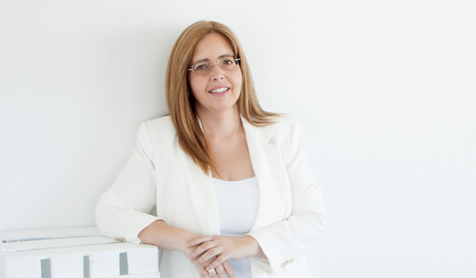Montse Peñarroya's experience at NITIM and Current Work

NITIM is an international graduate school for research on Networks, Information Technology and Innovation Management.
La Salle’s Ph.D. students participated and in this case, Montse shares her experience:
“The experience of working among peers from other universities and disciplines is refreshing and inspiring. At the same time, having Ph.D.s who can lend you a hand in the focus of your articles is a unique opportunity to enrich your research. It is also a good opportunity to start weaving relationships with people from other universities to create a network that at a given moment can be useful for our own institution”.
Montse’s Current Work:
Thanks to her experience at NITIM, Montse was able to enrich her current article, which talks about surviving in a humanitarian disaster like COVID-19, and the challenge that it brings for small and medium-sized companies in all industries.
Her focus has been Cultural & Creative firms that face additional challenges. COVID-19 disaster was unpredictable and unique, and had a high impact on small and micro enterprises. Montse explains that many of those firms survived the effects of the pandemic by proposing redesigned business models that brought new added value in response to environmental hostility.
Her study aims to understand organisational capabilities in the Cultural & Creative sector in response to the COVID-19 crisis. Literature in Business Model Dynamics states that, in VUCA (volatile, uncertain, complex and ambiguous) environments, Dynamic Capabilities are developed to sense and seize new opportunities, and reconfigure the current assets to adapt the company to the unique situation.
This article is a cross-case comparative analysis of ten small firms in Cultural & Creative industries in Spain, affected by a very hostile environment during the pandemic. As a contribution to academia, a new framework for understanding the Business Model Adaptation process under the lenses of Emergency Management theory and Improvisational Capability is proposed.
Montse’s research framework is structured in three phases: an improvised adaptation as a reaction to the shock, a planned adaptation when a redesigned business model is implemented, and finally, a stabilisation phase that provides a consolidated value. Moreover, managers can gain concrete guidelines about systematically and purposefully approaching BMA in hostile environments.